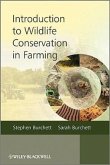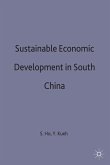Despite many successes in the field of conservation, species extinction rates continue to climb and wild areas and habitats continue to be lost. Many look to more (or better) biology and ecology to solve the problem but the obstacles are not just scientific but political. To stop the 6th great extinction the conservation movement must become much stronger, more tenacious, and more effective. By learning from its own history and especially from the movements that abolished slavery, brought down apartheid, changed gender relations, and expanded democratic rights, conservationists can become more successful. This book brings together in one place and in a highly usable format the lessons of those movements culled from practitioners and academic analysts.








